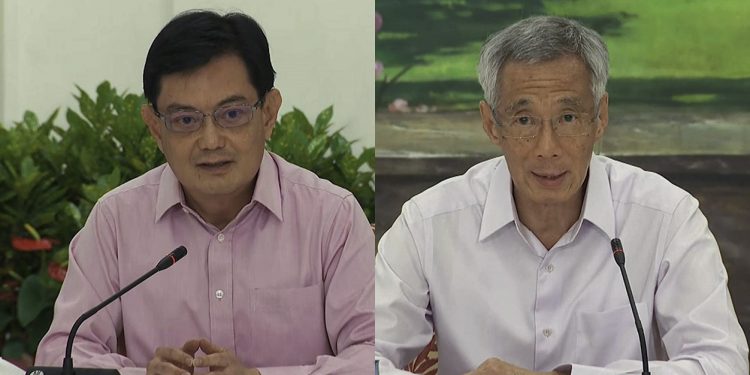The little moments often offer the best insights into a relationship.
On Thursday evening (8 April) Lee Hsien Loong, Singapore’s Prime Minister, opened a press conference by acknowledging that Heng Swee Keat, Deputy Prime Minister and the person designated by the ruling People’s Action Party (PAP) to one day succeed Mr Lee, was no longer in contention.
After the dismal showing by Mr Heng at last year’s general election, stuttering on stage and leading his team to a narrow win, there was an air of inevitability about it all.
Having spoken for over a minute, Mr Lee invited Mr Heng to say something. It was intended as a sort of self-criticism struggle session, effectively signing off on his own political demise. “It’s not you, it’s me.”
The camera panned to Mr Heng, who is seen fumbling around with the table-top microphone, unsure how to turn it on.
“Is the mike, is the mike tu-“
“You press [the button],” Mr Lee thundered, without missing a beat, like the impatient, irritable teacher who only teaches, and never lets the student try.
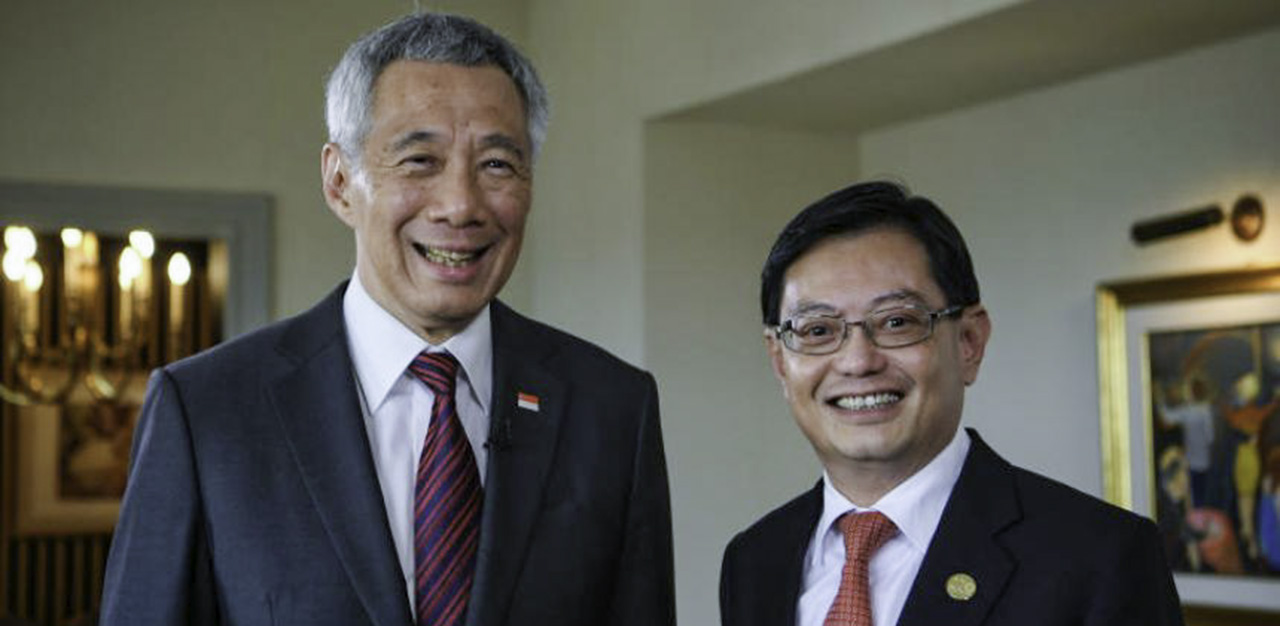
It brought back memories of a 2018 parliamentary session, when Mr Lee is seen, his face knotted with annoyance, coaching Mr Heng how to joust with the opposition’s Sylvia Lim, like a general issuing orders to his colonel in full view of the enemy.
Mr Lee is probably relieved that he no longer has to school somebody who often appears off the pace; and Mr Heng is probably relieved that he is no longer squarely in the teacher’s gaze.
Over the past few days Singaporeans have expressed much surprise and disappointment at the news. For the first time in independent Singapore’s history, the PAP has bungled a leadership transition.
Never before has there been doubt over the identity of our next prime minister. Those still in contention – all male Chinese scholars – are perceived as mediocre and/or polarising.
Yet while this leadership crisis should in some ways worry Singaporeans, there are reasons for hope.
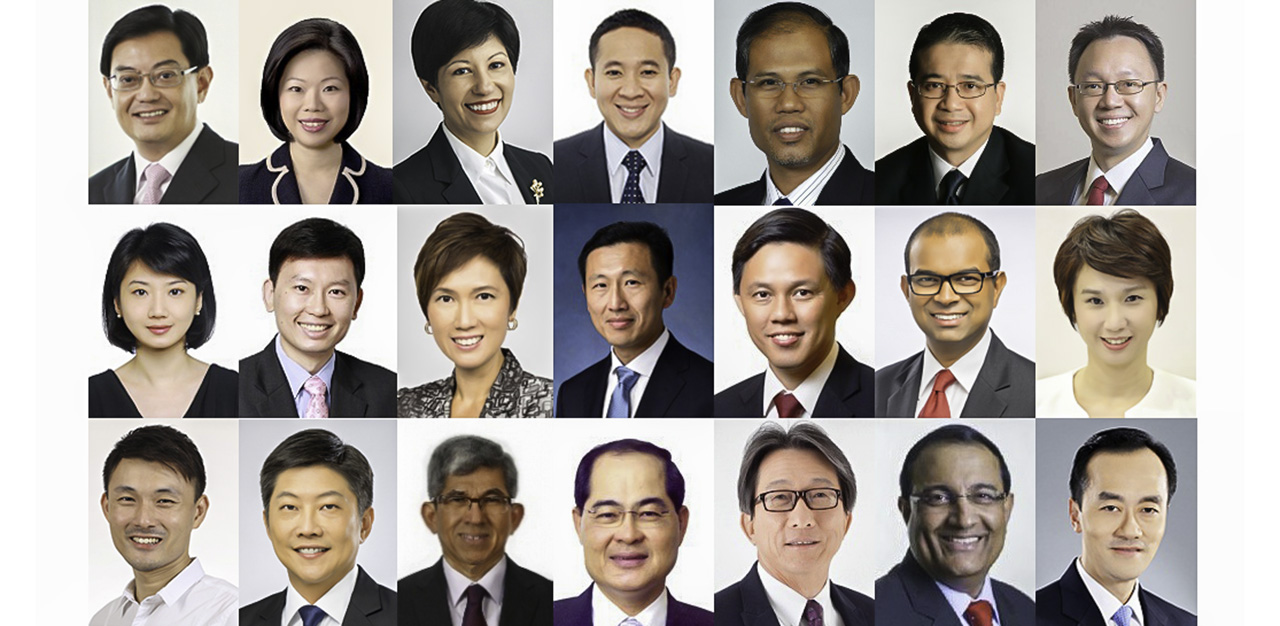
3G’s 4G hopes
“The next generation of leaders must come from our post-independence generation… Hence, leadership succession will be one of my top priorities,” Mr Lee said at his swearing-in speech in August 2004.
Mr Lee led the PAP to victory in the 2006 general election, and then at the 2011 election first fielded the men who would become figureheads for the so-called 4G (fourth-generation) leadership: Mr Heng, Chan Chun Sing, Desmond Lee, Ong Ye Kung, Janil Puthucheary, Tan Chuan-Jin, and Lawrence Wong.
It was a baptism of fire, as the PAP recorded its lowest-ever victory and, for the first time, lost a larger group representation constituency. Over the past decade, as the 3G and 4G teams have melded together, the former gently shepherding the latter through two more elections, the succession question has never really been answered.
Even when the party anointed Mr Heng in late 2018, it was under a cloud of palace intrigue, as cadres supposedly revolted against the mooted elevation of Mr Chan, believed to be the favoured pick of Mr Lee and his wife Ho Ching.
With the one really exceptional and popular leader, Tharman Shanmugaratnam, ruled out of the race – because of race? – ordinary Singaporeans have grown increasingly frustrated at the seeming paucity of world-class politicians. Surely the PAP’s rigorous, time-honed recruitment funnel must have produced something more?
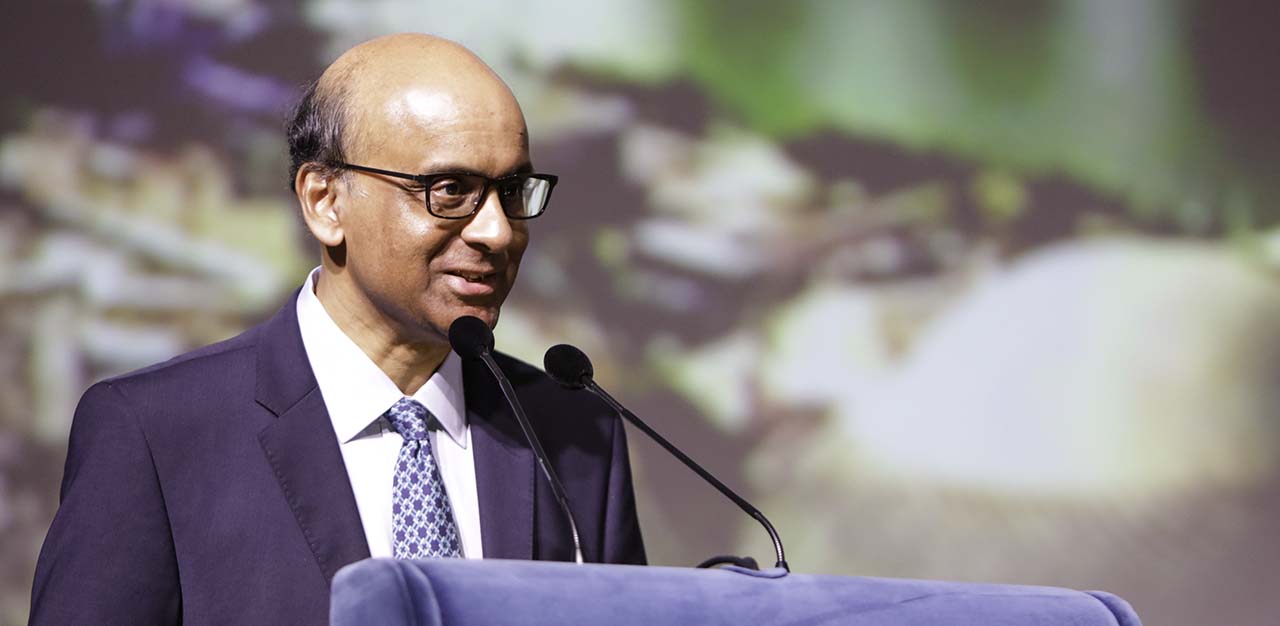
These frustrations, bubbling under the surface for years, burst into the open following last Thursday’s announcement. Yet in truth the PAP’s attractiveness to young, would-be politicians has been on a slow, secular decline.
In the mid 1990s, when I was studying at Raffles Junior College (RJC) – seen as a key feeder for Singapore’s political elite – I knew many people who seemed destined to become politicians. By the late 2000s, most had lost interest. I believe there are several reasons for this.
First, the internet and then social media has completely changed the kind of public scrutiny politicians face. More so in Singapore than in other democracies, because we do not have proper, full-blooded investigative outlets or tabloids (unlike, say, in Taiwan or the UK). Singapore’s mainstream media outfits have never subjected politicians here to any kind of deep interrogation, whether on character, politics or their personal life. New voices on the internet started doing so.
Sometime after the 2011 election, I spoke to a politician. This person told me that they no longer felt comfortable leaving the house in shorts, lest somebody photographs them and makes some unkind comment.
Over time I think Singaporean politicians will grow thicker skins, especially as more millennials – so-called digital natives who’ve grown up with cameras around their faces – join their ranks. But there is a generation of aspiring politicians, I think, thinned out by the exponential rise in public scrutiny from the 1990s to the 2000s.
Second, this happened in tandem with a blossoming of alternative professional career paths for Singaporeans, both locally and abroad. I know some lament the fact that the Admin Service and the PAP can no longer easily attract Singapore’s top talent. In my mind, this is a good thing. Singapore has become more vibrant because people are doing different things. And the diversity, with pockets of excellence across numerous sectors, has boosted our economic resilience.
As well as our political resilience, which relates to the third reason why I think the 4G slate appears sub-par: Singapore’s best politicians are no longer all at the PAP. In the 1990s the PAP was the only serious, well-oiled political outfit in town, and its politicians seemed mostly driven by the interests of all Singaporeans.
The infamous salary review of 1994 – when politicians’ salaries were first pegged to the private sector’s elite – changed incentives such that by the 2000s, there was a sense that politicians were becoming more driven by self-interest. Amid rising inequality, politicians and senior civil servants were seen cavorting with the global elite and boasting about expensive holidays abroad, appearing completely out of touch with ordinary Singaporeans.
Instead, their interests appear to be increasingly represented by The Workers’ Party (WP), even if the actual policy proposals of the WP – sometimes mocked as “PAP lite” – are not radically different.
The WP’s increasingly sophisticated machinery has helped it grow from one elected seat prior to the 2011 election to 10 today. Even as the PAP’s leadership succession has floundered, the WP has pulled off the most unlikely one, from Low Thia Khiang, an older, Teochew-speaking stalwart, to Pritam Singh, a young Sikh.
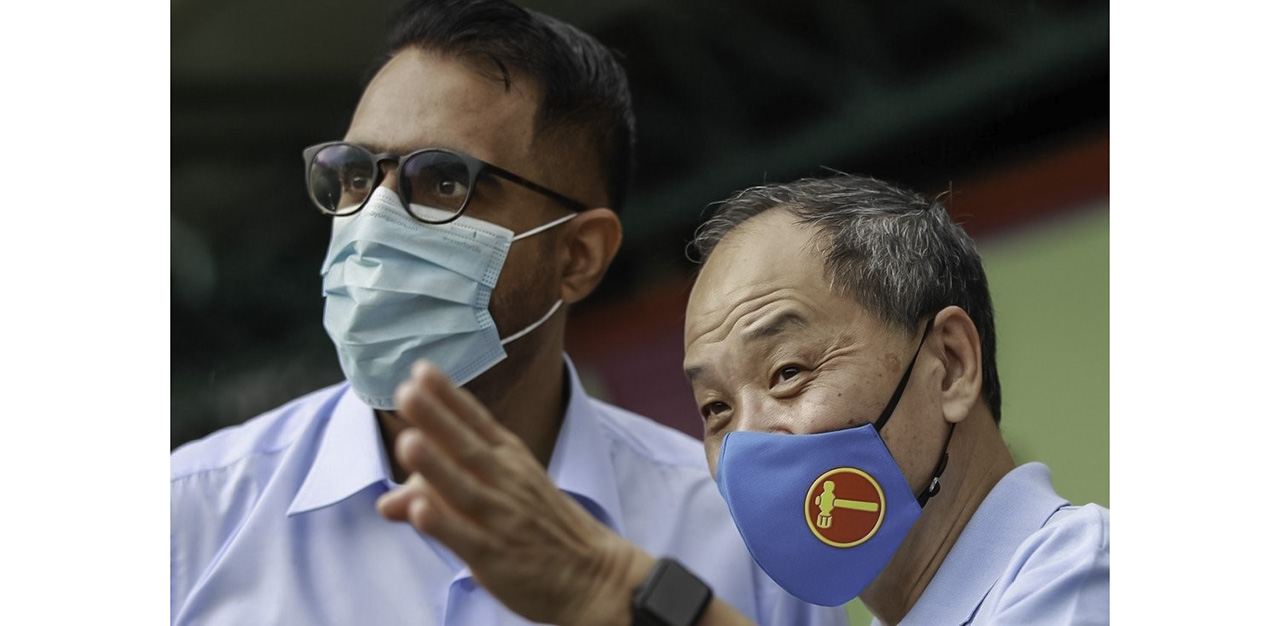
(Many Singaporeans seem inspired by a young non-Chinese who did not go to any brand name schools. Is the PAP taking note?)
The upshot of all this is that in the 1990s a young person may have been attracted to the PAP out of a sense of duty and a desire to help the least fortunate in society. Perhaps by the late 2000s, and certainly by 2020, those same instincts would have more likely inspired somebody to join the WP. Which seemingly was the case for Jamus Lim, the WP Member of Parliament for Sengkang, who was one year my senior at RJC.
Likewise some of the smaller opposition parties, such as the Singapore Democratic Party, also boast politicians like Paul Tambyah who appear more accomplished than some of the 4G.
Finally, the job of a Singaporean politician has changed radically over the past 30 years. It used to be much more about administration and governance; today there is more politicking involved. Soft skills are increasingly important, as politicians have to one moment opine on China-US relations, and the next calm the resident whose rubbish chute is faulty. It’s unclear if the PAP has recalibrated its recruitment system for all this. (Exhibit A: Chan Chun Sing.)
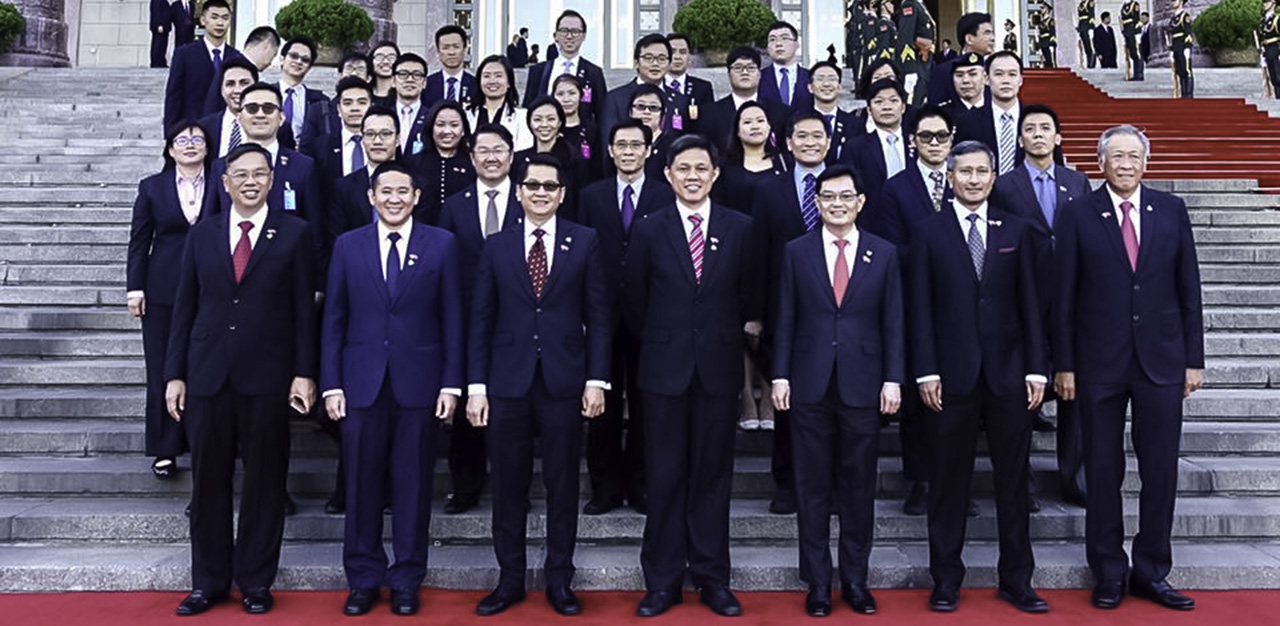
Nevertheless, even as Singaporeans despair about the declining quality at the top of the PAP, we should recognise the rise elsewhere. Indeed, the growing support for the WP – which won more total votes than the PAP in the wards it contested last year – is proof that many Singaporeans already do.
The main problem, as I see it, is not that the PAP and the Admin Service can no longer easily attract the best; after all, they still get highly competent and trustworthy individuals (the odd Ivan Lim aside).
The problem is that many of them – not all – still think that they’re the best. Scholarly hubris and God complexes abound (fuelled, probably, by those salaries).
Some self-awareness and humility might boost the system’s receptiveness to ideas from outside. Just last year, Singapore paid a heavy price for this: Our worst humanitarian crisis since independence was at least partly due to politicians and civil servants blithely ignoring warnings from academics, contractors, employers and NGOs about overcrowding in migrant worker dormitories.
Leadership transition woes
The transition from Lee to Heng was never going to be easy.
The former is known for his razor-sharp mind, decisiveness, and disdain for the opposition and its supporters (in 2006 he said that the opposition’s job was “to make life miserable” for him and that if Singapore ever had 10 or more opposition MPs – the case today – he would have to “spend all my time thinking what is the right way to fix them, what’s the right way to buy my own supporters over.”)
The latter is known for his consensual, deliberative style paired with an easy-going, sweet nature – a nice guy who says nice things about others.
Notwithstanding his other flaws, I thought that these qualities are precisely what Singapore needs now, in keeping with the spread of talent across society, and the increasing complexity of the policy environment.
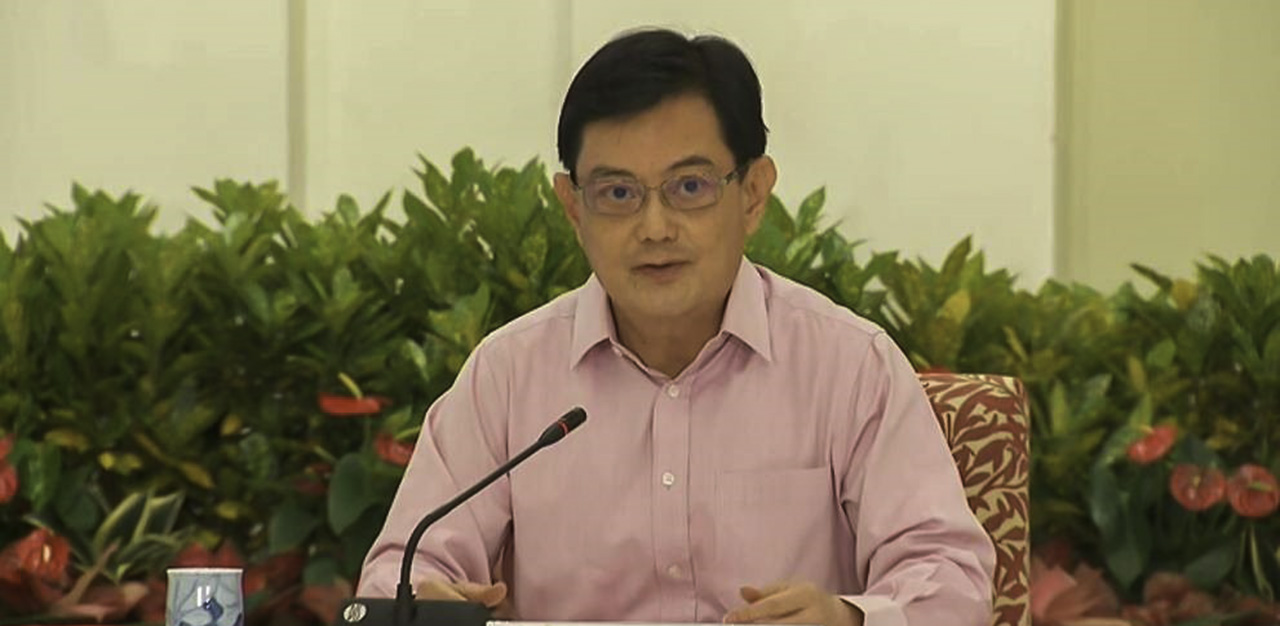
As part of a broader effort to improve our democracy, Mr Heng, I imagined, could help accelerate the flow of information across society by better harnessing the thoughts and skills of all Singaporeans – fostering a proper marketplace of ideas.
Yet, as the debacle over his “10 million population” statement showed, society will need time to adapt to such pontification and seeming indecisiveness.
In response to a question at NTU in 2019 about his desired immigration rate, Mr Heng offered a long, convoluted answer, sounding professorial, perhaps eager to inspire students to think broadly without himself wanting to commit.
Mr Heng wanted us collectively to think; we just wanted an answer from him.
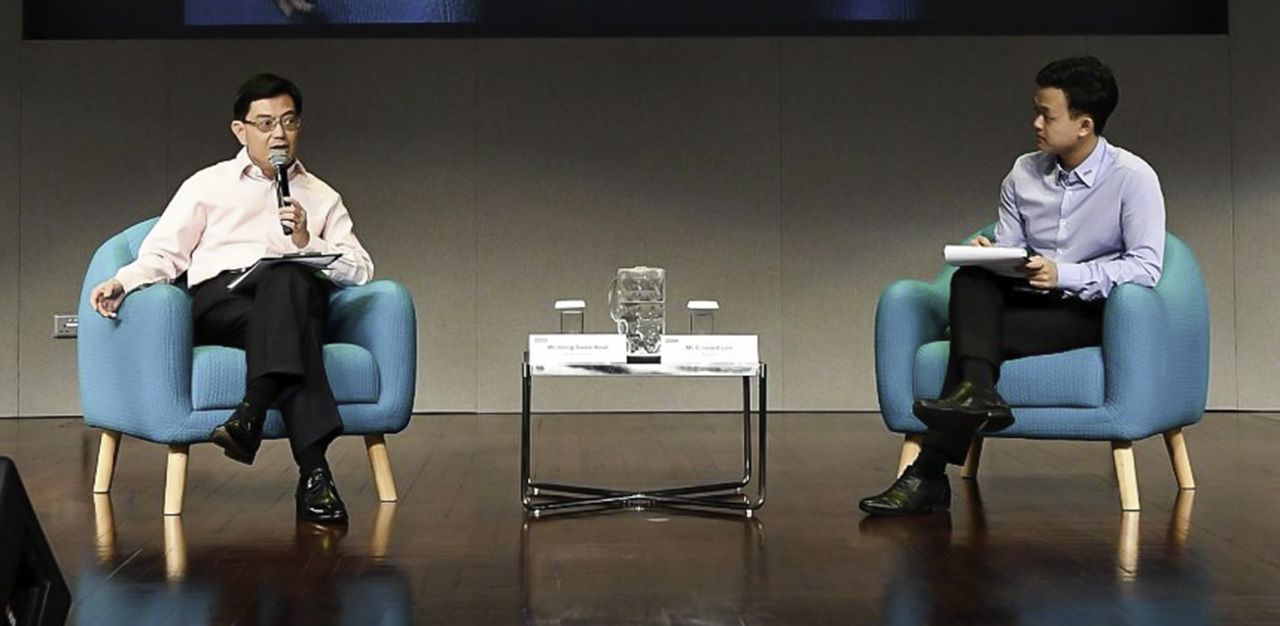
Singaporeans are used to leaders with grand visions and the decisiveness to execute them (some say this is the only kind that “small, vulnerable” Singapore can countenance). Nevertheless, Mr Heng’s about-turn last Thursday saddened me because I was looking forward to a new kind of leader.
The other real cause for concern is that it appears like Mr Lee and other party elders might succeed in their supposed bid to install Mr Chan as prime minister. The broader conspiracy theory – one offered succour by no less than Mr Lee’s own siblings – is that his and Mdm Ho’s ultimate aim is to groom their son, Li Hongyi, to one day take over. Mr Chan, in this telling, is merely a seat warmer. For those who subscribe to this, last Thursday’s announcement was confirmation that we are all passengers on some slow-motion train wreck.
In 2017, Mr Li said that he is uninterested in politics. Yet even if this nightmare scenario – the perpetuation of Lee family rule through a third generation – does not materialise, the mere fact that Mr Lee is staying on, 17 years after he first spoke about succession, is worrying (not least because of the toll it might take on his health).
Does Mr Lee want to improve his electoral legacy? During his tenure, the PAP’s vote share has declined from 75.3 per cent (in 2001, his predecessor’s last) to 61.2 per cent (2020) while the elected opposition members in Parliament have grown from two to 10. One wonders if Mr Lee would have stepped down had the PAP enjoyed a thumping victory last year (as many had predicted).
Whatever the case, there are many reasons why Singapore needs to move on from the Lee family, including the need for a more open, honest accounting of our history.
What gives me hope is that we are even having this conversation. Not long ago, political apathy ran high; few Singaporeans would have cared about the inner workings of the PAP, fewer still would have dared say anything about them.
In recent years, the trust among Singaporeans in the PAP has been eroded by a number of perceived Machiavellian manoeuvres, including the introduction of a broad, sweeping legislation against online falsehoods in 2019 and a constitutional change in 2017 that prevented Tan Cheng Bock, a former PAP MP and now thorn in its side, from contesting in that year’s presidential election.
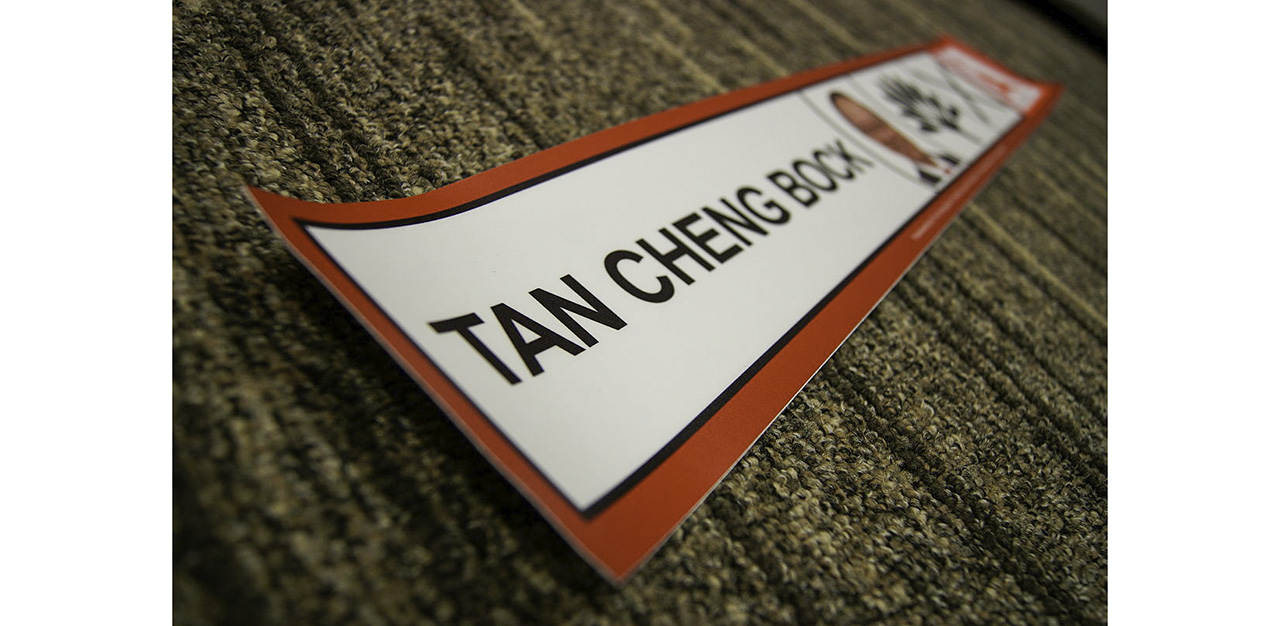
Many Singaporeans at first accepted the PAP’s narratives on these issues, for instance that the constitutional change was necessary to ensure minority representation in the presidency. Only later did murmurings of discontent emerge, with trepidation.
Last Thursday was different. The backlash was immediate, with many across the political spectrum doubting that age was the real reason Mr Heng was stepping down. All the more since Mr Lee, who is staying on for the foreseeable future, is nine years older. It appears like it is getting harder to pull wool over our eyes (or, if Mr Chan so prefers, cotton).
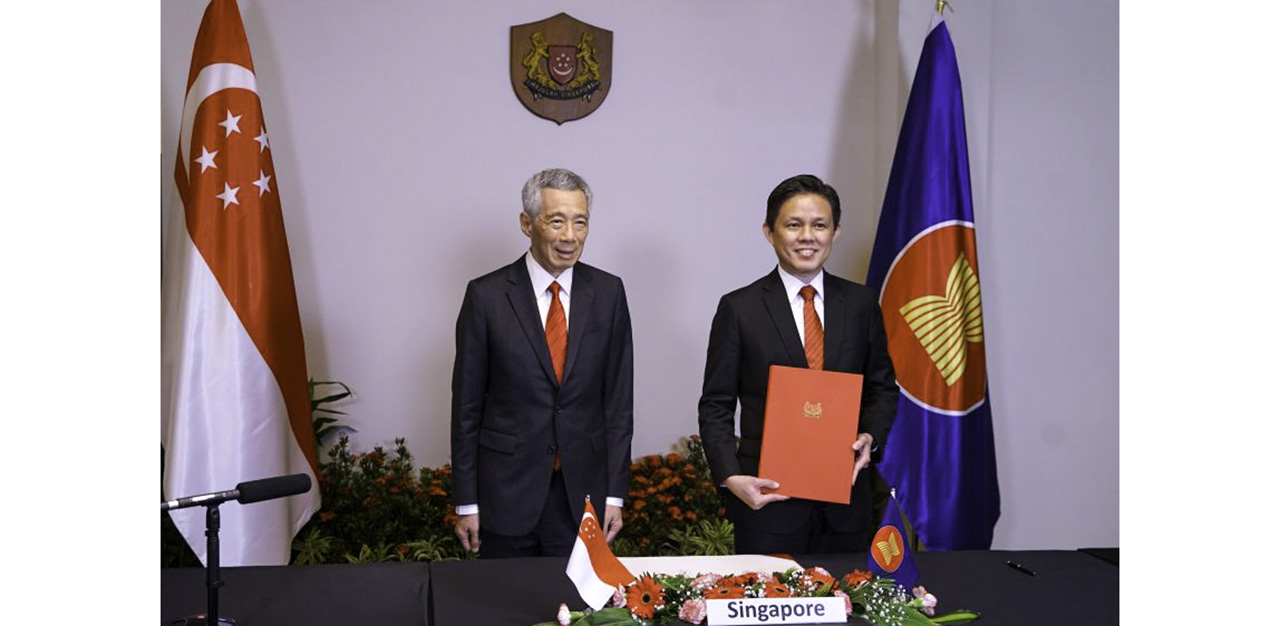
“They think we are so stupid,” a senior party member told me, uttering a line that is fast becoming a cliché. Over the coming years it will be interesting to see if, in the face of a powerful (and possibly sclerotic) party leadership, the PAP’s 3,000-odd cadres become more assertive – will they again reject any future attempt to elevate Mr Chan?
Indeed, the idea that Mr Lee could so easily use and discard Mr Heng must make all Singaporeans again worry that we are less citizens with a shared vision than disposable widgets in a Darwinian meritocracy.
The PAP’s Old-Chinese-father-knows-best paternalism, whatever its merits in our early years, is starting to wear thin. Perhaps we no longer want the brilliant leader who feels the need to relentlessly harry us, but the one with the patience to let us learn and bloom – even if that means waiting one more second for us to speak through the microphone.


